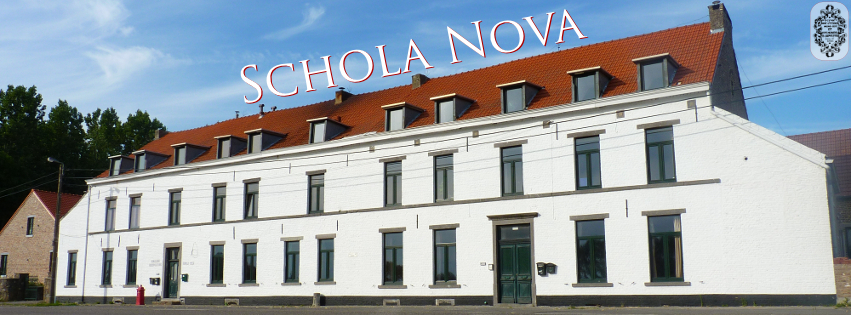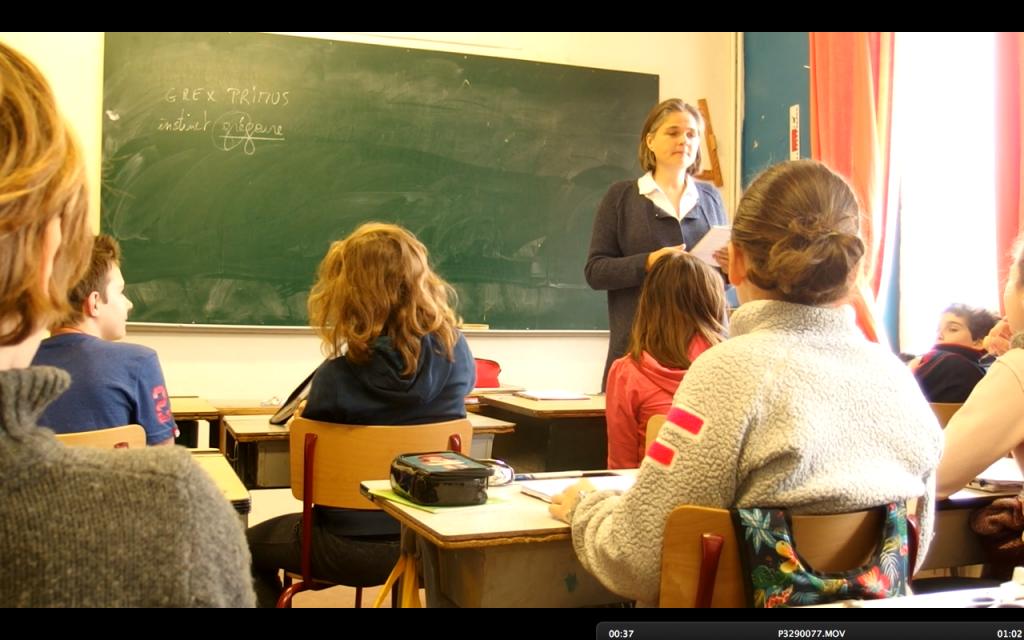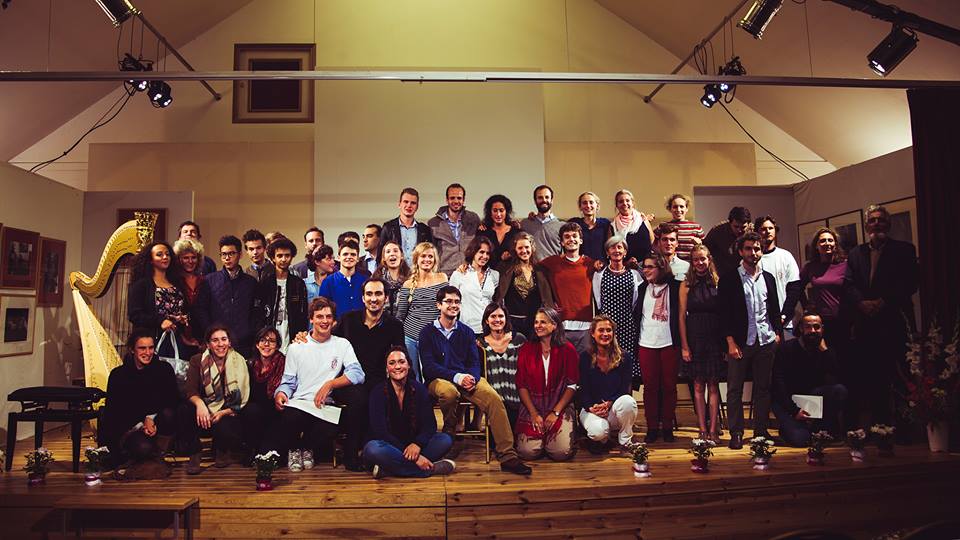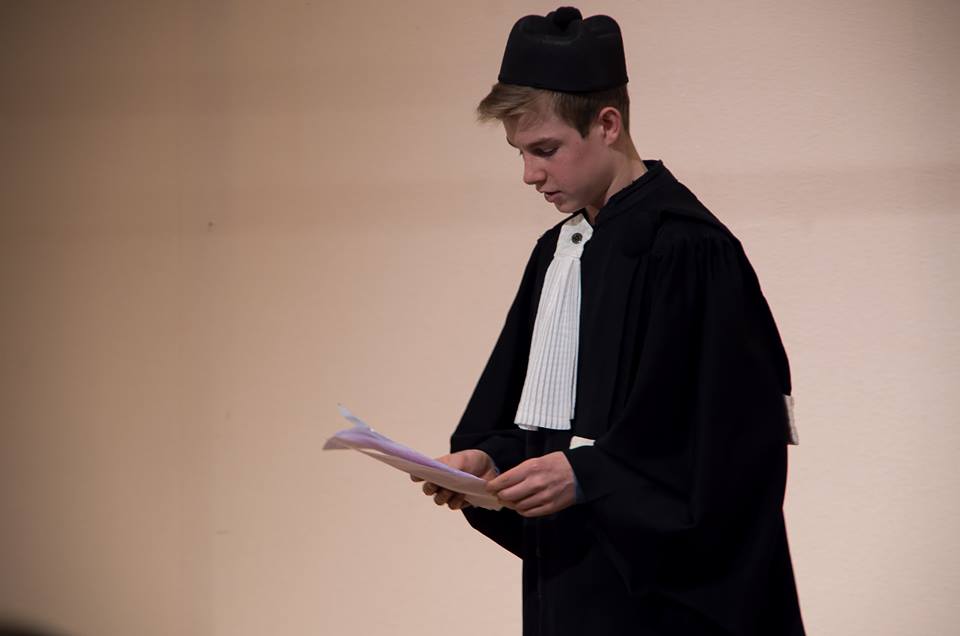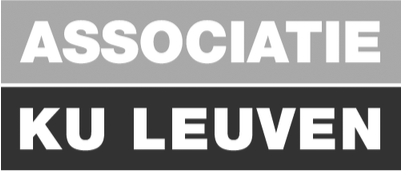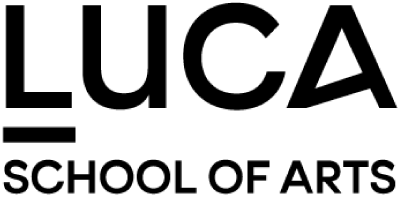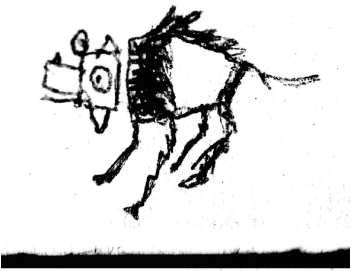SCHOLA NOVA – A Private Belgian School where children learn spoken Latin
In the middle of the fertile lands and broad plains that bear the nickname of ‘the wheat loft of Belgium’ stands a sugar-white house, an 18th century former convent, “Schola Nova”, a private, non-subsidized school for children aged 6 to 18.
This unique cloister of wisdom is not only distinguished for teaching Greco-Latin classical humanities, but also for their magical environment and evocative atmosphere. From far and near students come to study here, some families even move from their home countries (Brazil, Norway, France, Holland, Romania) to Belgium to join this extraordinary cradle of secondary education.
One Wednesday afternoon, when the school works a half-day only, the lights were out and the walls stored silence. This is when we met Caroline Thuysbaert, the principal of Schola Nova who has devoted the past 21 years to implement, conduct and observe passion-based learning 5 days a week, all year round.
The place, quite frankly, is a child’s dream. You could tell immediately just by the way the director walked down the hallway (it felt like she was flying in slow motion), she radiated happiness. At age 42, with over two decades as a school director, Caroline is part of a new generation of up-and-coming masters of alternative education.
“The school was founded in 1995, 22 years ago, by Stéphane Feye. The primarily aim was to conserve the cultural heritage of Europe: Latin and Greek languages”, says Caroline. “We started with only one pupil and now we are 65 students and 15 teachers. I joined the school from the very beginning, when I was still studying law at the university. I embarked as a Dutch language teacher since I am from the Flemish part of Belgium. Now I am teaching Latin, Greek and Hebrew. Returning to the question of cultural preservation, Latin is our common language, our ‘second mother tongue’, therefore it’s a pity it’s dying out. On top of that, I’m ever more enthusiastic when I see that Europe is abandoning its roots. If the person doesn’t know his past, his “tree”, then he is not able to understand the present”.
Caroline is a traditionalist in that she strictly observes the education process and closely follows the classical humanistic curriculum which gives more than learning to read and write, but teaches boys and girls wisdom as well as eloquence. Yet she and all the teachers of Schola Nova are exceptionally innovative in their methods of teaching. It is the combination of tradition and experiment that attracts parents, arouses respect and brings out the best in the disciples of Schola Nova.
“We do not have one particular pedagogical view as, for instance, Steiner, Freinet or Montessori. I have an opinion that there is a ‘disease of nowadays’ called ‘pedagogism’, and I am definitely not supporting it. I think any good method or philosophy executed by a bad teacher is not worth using, and vice versa – a bad method performed by a talented teacher can be a fruitful one.
Answering the question of what are our pedagogical views, I would mention several pillars. The first is the content of every subject: we understand exactly what we want students to know. The second is the enthusiasm. The essential quality of a teacher is to be passionate about what he/she is teaching. For students it is important to have someone who gifts them a desire to learn. The third significant thing, from the director’s perspective, is to give freedom to teachers to teach as they want, to let them be themselves. Nobody should cut the wings of a teacher. There are a lot of teachers at our school who taught at traditional public schools before, that’s how they actually measure the difference between the systems. Some of them abandoned the previous schools to come to us and to earn a bit less for the sake of ‘the quality of life’, which is not measured with euros”.
Schola Nova is known throughout the world for its uniqueness obvious from the moment you drive into the old monastery gates and make your way to its cosy classrooms with countryside view.
“We are the only school in the world that teaches spoken Latin so many hours a week”, admits Caroline. “Every year journalists from abroad come to witness our kids communicating in Latin. And I should confess we are not absolute experts, we are just passionate about what we do. In Italy, Greece, Portugal, everywhere in Europe actually, the Latin studies go down. I learned Latin and Greek at school for 6 years, 9 hours a week. Back then, I didn’t know them very well because we learned them as dead languages. At our school we teach them as spoken languages. It is fun for kids, it’s interactive and afterwards it is easier for them to learn Italian, Spanish, and even German”.
Setting an impeccable example, the teachers of Schola Nova interact with their pupils with no economy of passion in a simple and entertaining way. Day by day they move young people to their limits and creatively frustrate their desire for comfort. As if knowing the hearts of all 65 disciples, they direct each person according to their individual tendencies.
“What’s important for the teacher is to have the feeling to teach”, says Caroline. “Some of our teachers, including myself, do not have teaching education, but when we hire teachers we give them a test period of 1 month. A teacher should be able to teach 2-3 subjects, which means they are open-minded, not stuck in one book of mathematics they stick all their life to. If a teacher is not humanistic, it would be hard to transmit all this patrimonium that we intend to transmit. It is always a luck to have a teacher who is a bit more wider than his/her subject”, smiles Caroline.
“One of the current problems of traditional education is that a lot of students do not enjoy going to school anymore. My reason for this is that they do not learn enough. Children adore learning new things, they ask thousands of questions, they crave for answers. At our school we should not create this enthusiasm, we are just nourishing it. We are about 15 teachers here, each of us ‘lives at school’ and kids feel it. Apparently, it is easy to have good results when you are a passionate professional.
The external conditions of Schola Nova are cramped, commercialized and next to busy metropolises; yet due to the atmosphere the school generates, many people find it a ‘spiritual place’ to bring their children to study in. This is achieved by encouraging a minimum of disturbing tech devices and maximum socializing. Daily events are carefully orchestrated and well organized with an attention to detail.
“Intelligence needs memory. Memorization exercises your brain. That is why our pupils study a lot of poetry by heart. Children are little poets. They are curious. They are eager to create. We just have to feed the flame. There are regular activities when we sit all together with candles and classical music on, and some 11 year-olds who’ve never written a line of poetry yet start producing their first pieces. It is miraculous! They have magic in themselves, we just help them to express it. Hence, at our school music, theater, poetry, arts are important. Every now and then, we collectively go to the theater in Brussels, for example. Sometimes we have to face the plays, which are quite controversial or even vulgar. Classical pieces by authors such as Molière or Shakespeare can be shocking even to parents nowadays. We are sad about that situation, but would it be better not to go, just because of some interpretations that are difficult to understand? I am often asked how do we accept it as a classical school. It is a present-day world that we face and it is probably better for children to see it portioned and afterwards to discuss it together in the classroom. At our school we talk about everything. We do not isolate children from the outside world, but we analyze it continuously”.
Demonstrating respect to teachers and pupils is used as a tool for cultivating humility. There is an air of joyous serenity pervading the classrooms. In such an atmosphere of trust and compassion it feels safe to let go of the barriers and defences of the self.
We evolved from just a morning course to a full school. The first 10 years were really hard, people didn’t understand what we do and why. And we didn’t have time to prove it. Now we have tangible outcomes: graduates at the universities. We gained the reputation. We are a completely independent private entity which is not easy, of course. A few families-mecenates help us. There is also a foundation that supports the school. We never refused pupils whose parents cannot afford the payment, we have a system of private foundations that help financially insecure families to pay for their kids to study at our school. In Belgium we are not used to have private education, almost half of our parents either lived abroad or really think ‘outside the box’. 25-30 year ago traditional public school education was good in Belgium, therefore private or alternative institutions weren’t really necessary. In some way, I am sad that private institutions do exist and I am afraid in all the domains we are going to have more and more alternative schooling, because the state is not able to provide the quality education anymore. When you see the international results like PISA, Belgians are at the bottom of the list. More and more parents do understand that and some of them decide to do homeschooling or to follow other alternative systems of education”, concludes Caroline.
By Marina Kazakova

